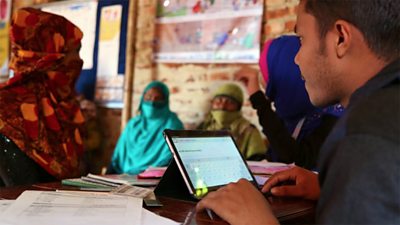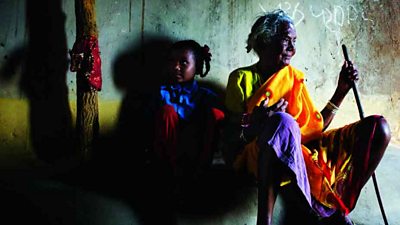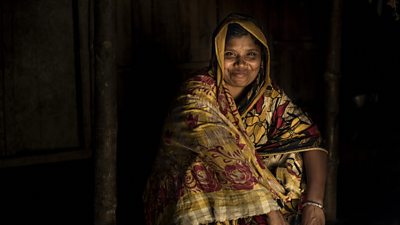-
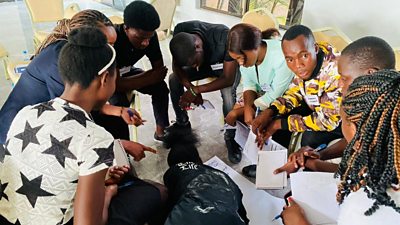
Everyday corruption: Understanding public perceptions and challenges
October 2024
By gathering insights from both the general public and public officials, the research offers a comprehensive view of the challenges and opportunities in fostering a culture of transparency and accountability in Zambia. -
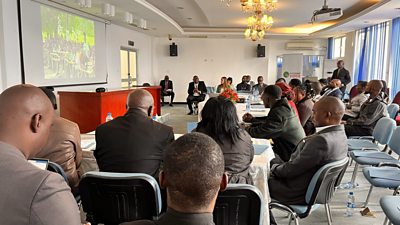
Responding to Zambia's drought
August 2024
To respond to the drought, we had to explore what was missing from the conversation, prioritising research and content on climate. Read this summary to learn more. -
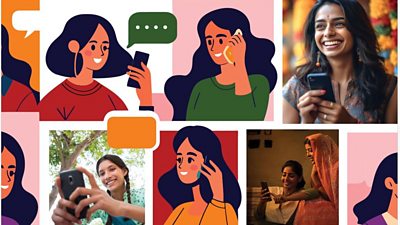
How do gender norms affect digital use amongst young women from small towns in India?
July 2024
Based on our research insights, we developed a transmedia communication strategy to challenge regressive gender-digital norms. Read this summary to learn more. -
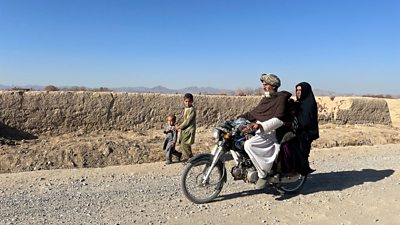
What Matters? Afghanistan Speaks!
June 2024
This quarterly bulletin shares research-based insights on humanitarian issues experienced by people in Afghanistan, allowing aid agencies to adapt quickly as needs change. -
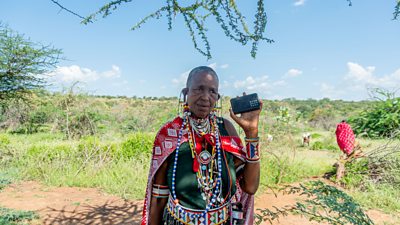
Radio programming that supports Maasai communities with natural resource conservation
April 2024
Our evaluative research showed that support to local stations to produce radio programmes enabled Maasai communities in Kenya to take actions to conserve their resources and share learnings with others. -
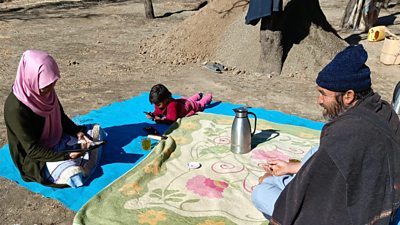
Challenges and choices: Afghan women's media use and preferences amidst restrictions
April 2024
Our research sought to understand Afghans’ access to and usage of different media platforms and content, their trust in media, how disinformation is shared and ways to counter these. The findings showed how women are relying on media and have found creative ways to continue working in media in the face of restrictions imposed by the Taliban. -
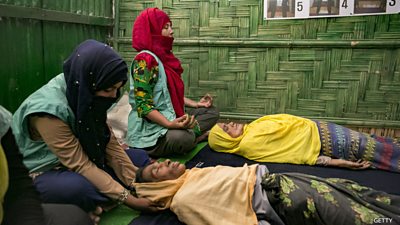
Using audio drama to tackle mental health in the Rohingya camps
January 2024
Our research sought to understand the impact of our audio drama Aa’rar Kissa (Our Story) on the knowledge and attitudes of the Rohingya community to issues around mental health. -
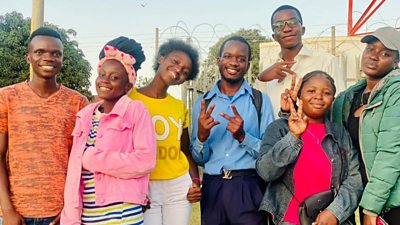
Media and outreach that supports young people with sexual and reproductive health decisions
January 2024
Our evaluation showed that young people in Zambia were more likely to use SRH services after listening to or watching the Tikambe media content. -

The role of media to increase understanding and participation in local decision-making in Tanzania
October 2023
Findings from this research evaluation showed Â鶹ԼÅÄ Media Action's 'A National Conversation' reached 8% of the adult population with media content supporting good governance, gender equality and adaptation to the impact of climate change. -
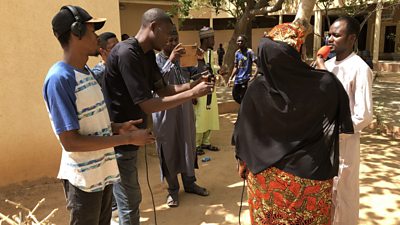
Using interactive formats to engage young people in Nigeria about COVID-19 vaccination and services
October 2023
Through multi-media content, the Youth Co-creation Project sought to further increase COVID-19 vaccination and promote healthy lifestyle practices among young Nigerians. Our research found that the programmes helped to improve young people's understanding of COVID19, HIV and HPV and outreach events inspired some attendees to take the vaccines. -
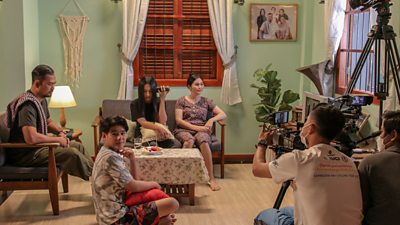
How media engages young people and parents in youth civic engagement in Cambodia
October 2023
This research sought to understand the influence of our multi-media content and activities on the Klahan9 SPACE project. We found there has been an increase in civic participation amongst people most engaged with Klahan9. -
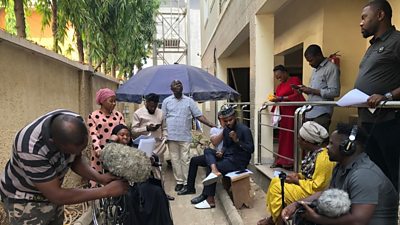
Understanding issues around inclusive family planning for people with disabilities in Nigeria
July 2023
We conducted formative research among people with disabilities and non-disabled people in Nigeria. Findings informed our radio drama ‘Madubi’, and helped with design of community led activities - addressing issues of inclusive family planning for people with disabilities. -

How multi-media content supported Nigeria’s response to the COVID-19 pandemic
July 2023
This summary examines the impact of our multimedia content in Nigeria which provided accurate, practical and relevant information about COVID-19 vaccination and created space for family and community discussion. -

Using mass media to help keep people safe from explosive ordnance in Afghanistan
January 2023
This summary takes a look at the findings from a panel study we conducted in 10 most EO affected provinces in Afghanistan, to evaluate the impact of our programme. -

'Tusmada Nolosha’ - the radio show challenging norms around female genital mutilation/cutting in Somalia
January 2023
Our qualitative research informed the development of ‘Tusmada Nolosha’ (Lifeline) - with influencers, mothers and fathers giving feedback on how they felt it had addressed the topic of FGM. -
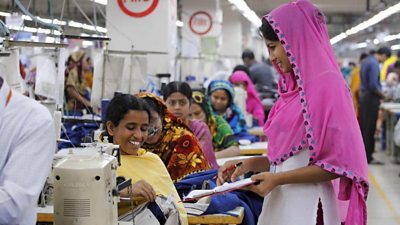
Gender norms and their effect on women's progression in the Bangladesh garment industry
January 2023
Behind every female garment worker, there is a ‘supportive husband’, but what does this support really look like? We conducted a study to explore the perceptions and attitudes towards gender roles in the textile industry in Bangladesh. -

How radio increases awareness of gender based violence in Zambia
October 2022
We are supporting local stations in Zambia to produce weekly radio shows, covering gender equality themes. This research summary looks at findings from a midline study which found regular listeners reporting more progressive attitudes and less support for violence. -
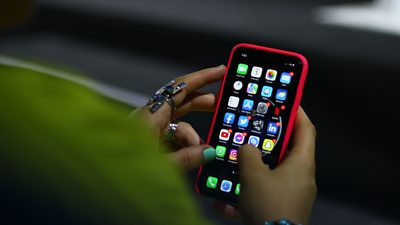
Understanding Tunisian social media users’ experiences of, and reactions to, information disorder
July 2022
We conducted research to better understand how Tunisian social media users engage with the information they encounter on social media, what drives trust in and sharing of this information, what steps people take to identify false and misleading information, and what factors may make various people more vulnerable to mis and dis- information. -

Helping media partners better understand and engage their audiences
July 2022
This summary looks at findings from ongoing research, under the PRIMED (Protecting Independent Media for Effective Development) project, which helps media partners build a picture of audience profiles and needs, equipping them with insight to improve output. -

Supporting Somali women towards economic empowerment and transformation
July 2022
This study found that the radio content and local discussions are helping Somali women to better participate in the informal and formal business sector. Listeners were engaged with the programmes and saw them as important and educational and they also encouraged men to support their wives in business. -
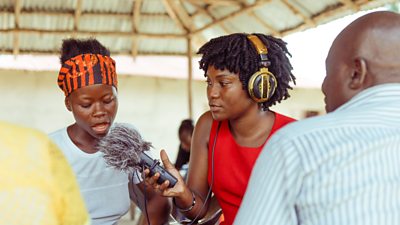
How a radio show sparks discussion and support for girls’ learning in Sierra Leone
April 2022
Research findings show parents and adolescent girls feel more open to discussion and better equipped to make safe and positive choices, around sex, relationships, and issues in general, after listening to our radio show, 'Wae Gyal Pikin Tinap’. -

Can social media output help shift perceptions about informal waste pickers in India?
February 2022
This summary looks at findings from research conducted on Â鶹ԼÅÄ Media Action’s ‘A Pathway to Respect, Identity, Dignity and Empowerment’ (PRIDE) project - which aims to shift negative perceptions about informal waste pickers and highlight their contribution to society in the city of Bengaluru in India. -
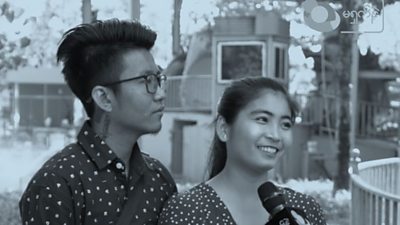
Digital media for young people in Myanmar – breaking taboos and discussing reproductive health
January 2022
Research findings show that young people are highly engaged with the digital content, Ma Shet Ne (Don’t be shy!), designed to support young people living in Yangon to access quality information and understand their rights and responsibilities in relationships and sexual health. -
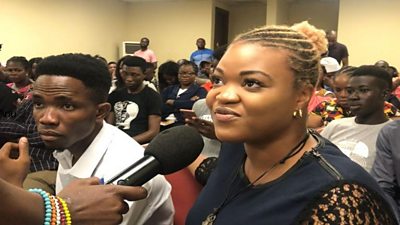
Using social media to strengthen the political participation of young women and men in Nigeria
November 2021
Research showed that regular followers of our social media platforms were more likely to know of their rights and responsibilities, discuss political issues of relevance and participate in political activities. As part of the European Union Support to Democratic Governance in Nigeria (EU SDGN) Programme. -
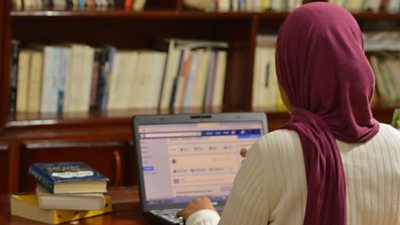
How social media is bridging divides and empowering women in Libya
October 2021
To assess the impact of Â鶹ԼÅÄ Media Action's long running El Kul project, we conducted a panel study with some of its audience members. -
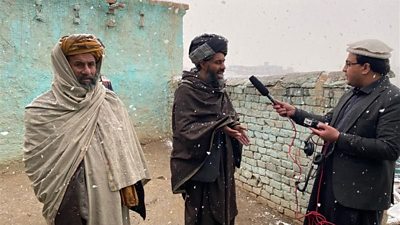
How research informed our work to stop COVID-19 in Afghanistan
August 2021
As COVID-19 reached Afghanistan, our in-depth research informed the production of creative media to encourage preventative behaviours and slow the virus's spread - including public service announcements and short fictional dramas. -

How research informed our work to stop COVID-19 in Somalia
August 2021
In Somalia our in-depth research informed the production of creative media to encourage preventative behaviours and slow the virus's spread. -
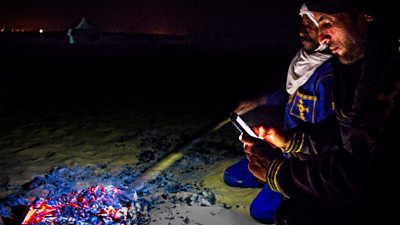
Understanding Libyan social media users’ experiences of false and misleading information online
July 2021
We conducted research in Libya to understand how social media users engage with information they encounter online: what drives trust in and sharing of this information, how people identify false and misleading information and what factors make them more vulnerable. -
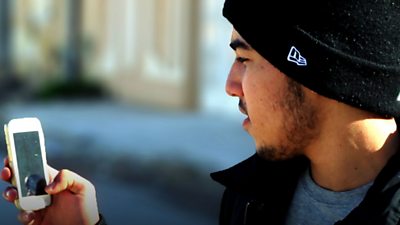
Understanding Algerian social media users’ experiences of false and misleading information online
July 2021
We conducted research in Algeria to understand how social media users engage with information they encounter on social media: what drives trust in and sharing of this information; how people identify false and misleading information and what factors make them more vulnerable. -
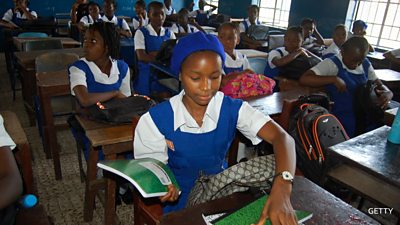
How is radio inspiring marginalised girls in Sierra Leone to develop their future?
July 2021
Our research found that Â鶹ԼÅÄ's Media Action's weekly radio programme in Sierra Leone has inspired and motivated girls to carry on learning and encouraged family discussion around decisions affecting their future. -
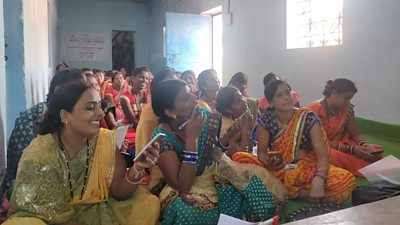
Increasing women’s digital literacy in India: what works
May 2021
Our first report from the Digital Women’s Empowerment project looks at efforts to improve women’s digital literacy in India and identifies approaches that show promise of sustainability at scale. -
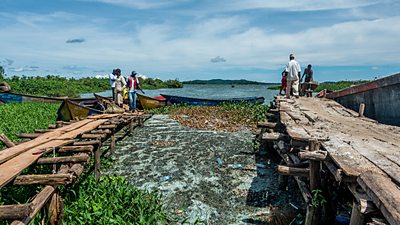
Weather Wise: improving access and knowledge of climate information
January 2021
Â鶹ԼÅÄ Media Action supported local radio stations in Kenya, Tanzania and Uganda to produce easy-to-understand weather and climate information for farmers, pastoralists and fishermen. -
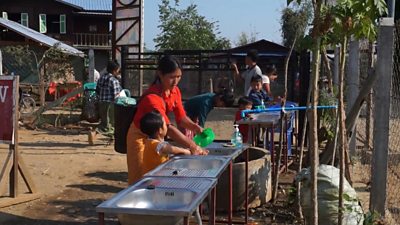
Changes in family handwashing practices in Myanmar during the pandemic
January 2021
Our research looks at how family handwashing practices changed in Myanmar during the pandemic and the key motivators and barriers to sustainable change. -
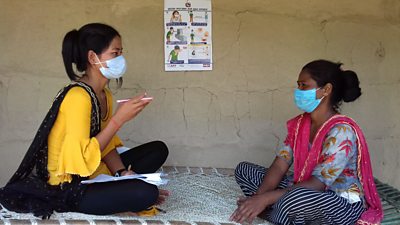
The impact of COVID-19 on children and young people's access to education
January 2021
The COVID-19 pandemic has resulted in 1.6 billion children unable to attend school in person. Our ongoing research with audiences has explored this issue and the adverse impact it has had on children and young people’s lives. -

Creatively tackling sanitation in India
September 2020
Evaluation results of Navrangi Re!, the TV drama on urban sanitation, demonstrate the power of narratives in bringing attention to critical, silent and complex social problems. -
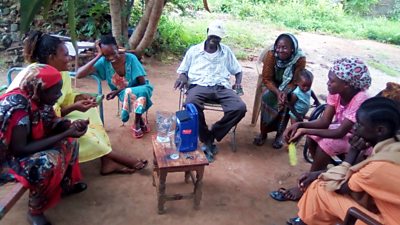
Using drama to encourage non-violent conflict resolution in South Sudan
April 2020
Insights from mixed methods research evaluating our peacebuilding radio drama series, Life in Lulu, in South Sudan. -
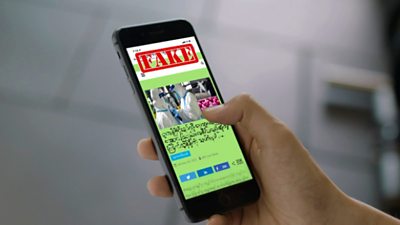
How are young people in Myanmar encountering mis- and disinformation, online?
April 2020
Our focus groups with young people discussed how they and their peers encounter and respond to 'fake news', including about the COVID-19 pandemic, on social media. -
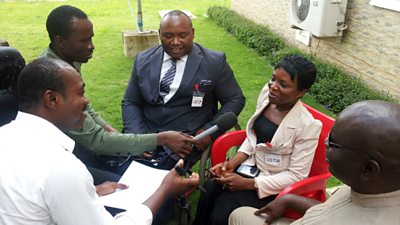
Delivering civic and voter education through media to enhance democracy in Nigeria
April 2020
Research insights from our project increasing citizens' knowledge and understanding of key electoral issues in Nigeria to achieve more inclusive and informed public discussion. -
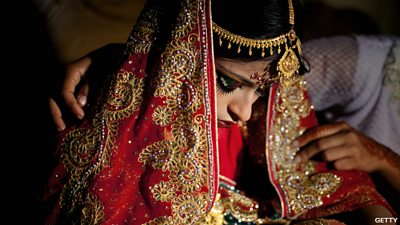
The role of community screenings in changing attitudes to child marriage in Bangladesh
January 2020
Mixed methods research to understand the contribution 'edutainment' screenings can make to influencing knowledge, attitudes and intention to practice around child marriage. -
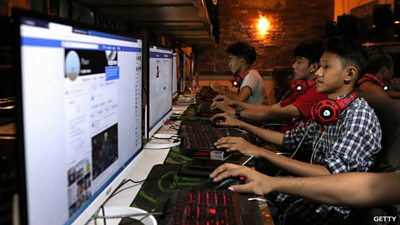
Testing new content in Myanmar to address misinformation and disinformation on social media
October 2019
Research findings from testing content addressing fake news, misinformation and disinformation on social media in Myanmar -
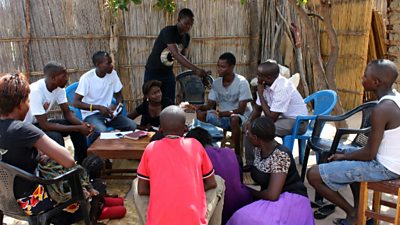
Understanding norms that underpin sexual and gender based violence in northern Zambia
October 2019
How Â鶹ԼÅÄ Media Action is supporting local radio stations in northern Zambia to produce gender-sensitive programming. -
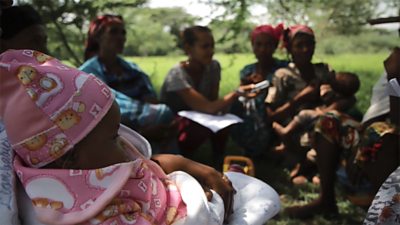
How is a radio drama helping to improve water, sanitation and hygiene (WASH) among young children and their caregivers in Ethiopia?
March 2019
Diarrhoea poses a great risk to young children in Ethiopia, and high rates of communicable disease - including diarrhoea - are linked to dirty water and poor sanitation and hygiene practices, our 'BabyWASH' project aimed to change that. -
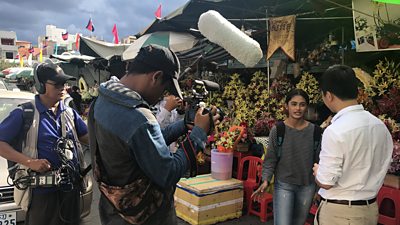
How can reality-based TV and Facebook content improve young Cambodians' readiness for the job market?
October 2018
How Â鶹ԼÅÄ Media Action is using reality-based TV and Facebook content to improve young people’s soft skills and equip them for the job market in Cambodia. -
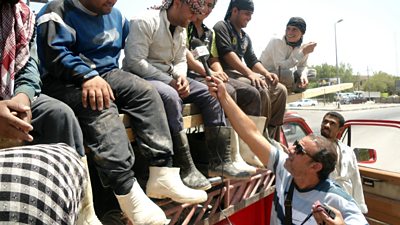
How do Iraqis consume media and what implications does this have?
January 2019
This research explores media consumption habits and the role of media to improve dialogue between Iraqis, local and central government and security forces. -
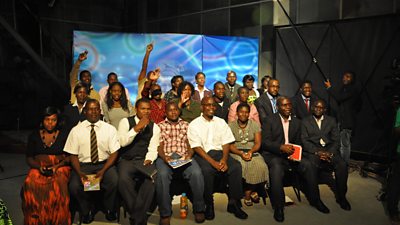
Case study: Radio Waves and Zambia Speaks! How support to local radio stations can empower social change
January 2019
This evaluation found our support to 15 local radio stations helped them better connect with their audiences and succeeded in engaging traditionally marginalised audiences, including women, youth and those living in rural areas. -
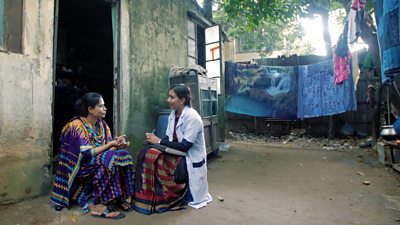
Can a m-health app help improve community health workers’ communication skills in Bangladesh?
January 2019
A summary outlining results from developing a mobile app for community health workers (CHWs) to communicate better with their clients in urban slums. -

Can a television drama help young people challenge harmful gender norms?
March 2019
A summary outlining results from a mixed methods evaluation into our transmedia project in India, AdhaFULL. -
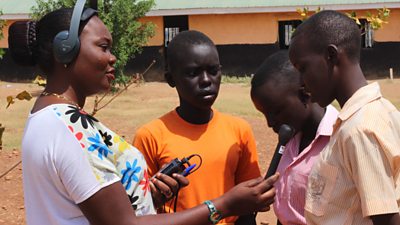
What role can radio play to support girls’ education in South Sudan?
October 2018
A research summary presenting findings from our girls' education project in South Sudan. Published October 2018. -

How has media helped communities to better understand maternal and child health in Tanzania?
October 2018
Research summary exploring how radio, public service announcements and community events have helped Tanzanian communities to better understand maternal and child health. -

Exploring barriers to accessing sexual and reproductive health (SRH) services in Dhaka’s urban slums
June 2018
Â鶹ԼÅÄ Media Action conducted research in Dhaka's urban slums to explore the barriers preventing people from accessing sexual and reproductive health (SRH) services, and the challenges facing health workers in communicating with their clients on SRH issues. -

Understanding media habits and information needs of Russian speakers in the Baltics
April 2018
What are the media habits and information needs of Russian speakers in the Baltic states? -
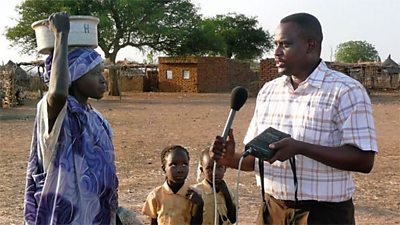
How is radio helping to improve girls’ education in South Sudan?
June 2017
A research summary presenting findings from our girls' education project in South Sudan. -
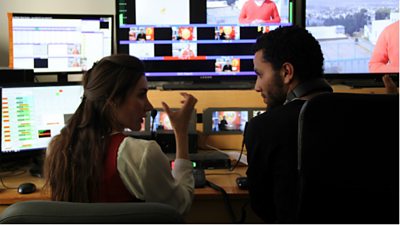
Are capacity-strengthening activities producing impartial and engaging online news content in Libya?
June 2017
A research summary presenting findings on how local radio programmes are helping improve water, sanitation and hygiene (WASH) practices in Kenya. -
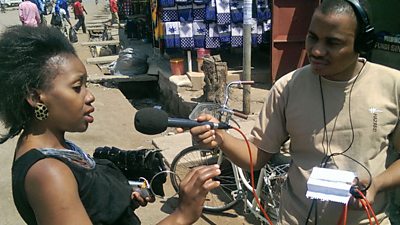
How did a radio programme improve youth engagement with democracy in Tanzania?
June 2017
A research summary presenting findings from the endline of our Tanzania-based programm, Niambie -
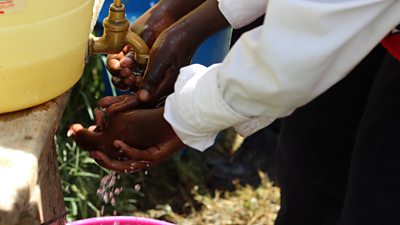
How are local radio programmes helping improve water, sanitation and hygiene (WASH) practices in Kenya?
June 2017
A research summary presenting findings on how local radio programmes are helping improve water, sanitation and hygiene (WASH) practices in Kenya. -

How is a radio programme helping Bangladeshi youth cope with the challenges of adolescence?
April 2017
How a radio programme has helped Bangladeshi youth cope with the challenges of adolescence. -
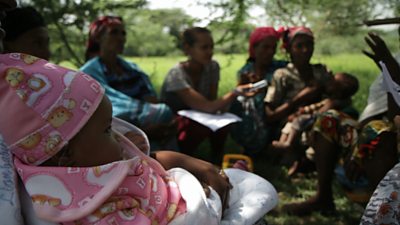
How has radio contributed to shifting social norms around maternal and child health in Ethiopia?
April 2017
How a radio programme has contributed to shifting social norms around child and maternal health in Ethiopia. -
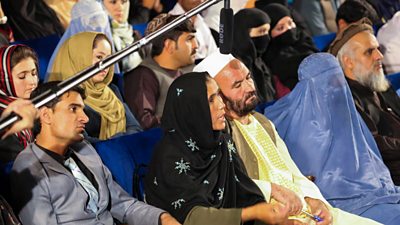
How can media programmes contribute to improved accountability?
January 2017
How media has helped improve accountability in ten countries. -
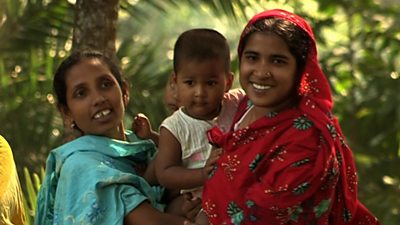
How drama and factual programmes are helping improve maternal and child nutrition in Bangladesh
October 2016
Our content was able to reinforce knowledge, stimulate positive discussion and improve motivation to take-up recommended practices related to maternal and child nutrition in rural Bangladesh. -
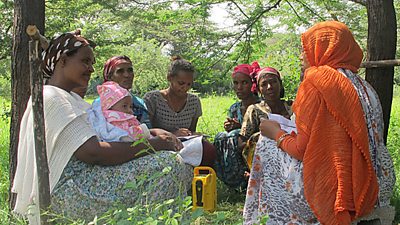
How listening groups are adding value to the Ethiopian Health Development Army and impacting the wider community
August 2016
Volunteers report gaining new and valuable knowledge on maternal and child health practices and growing in confidence to better support others in the community through one-to-five networks. -
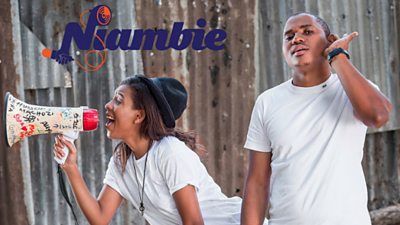
How is a radio programme encouraging young people’s engagement with democratic processes in Tanzania?
August 2016
We find that youth radio show, Niambie (Tell Me) provided young people in Tanzania with valuable information about elections and voting process. -
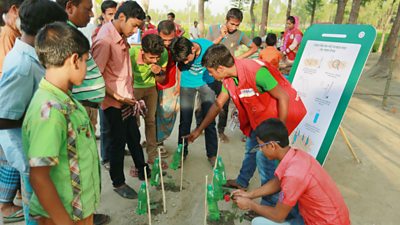
What are the barriers to community involvement in local level disaster preparedness measures in Bangladesh?
August 2016
An investigation into what prevents communities from engaging in local level disaster preparedness measures in Bangladesh. -
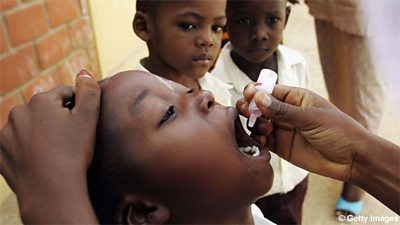
How a Â鶹ԼÅÄ radio programme has driven child vaccination uptake in Somalia
August 2016
Research summary showing how a radio programme increased awareness of polio and improved uptake of polio vaccination in Somalia. -
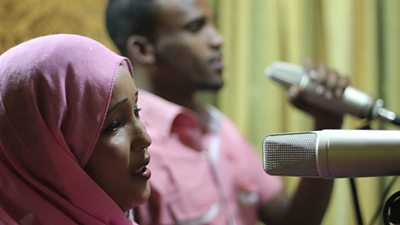
‘Hiigsiga Nolosha’: How has a youth radio show given young Somalis hope for their future?
July 2016
How an interactive radio show provides Somali youth hope and motivation for the future and helped them to believe they can positively contribute to their country. -
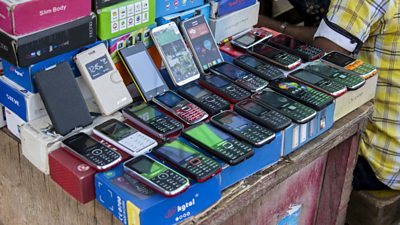
Sierra Leone’s changing media landscape offers fresh opportunities for development communications
July 2016
Mobile phone use is increasing and has become the most accessed form of communication alongside radio. Radio, continues to be the best way to reach a wide audience because phones are chiefly used to make calls rather than access content. -
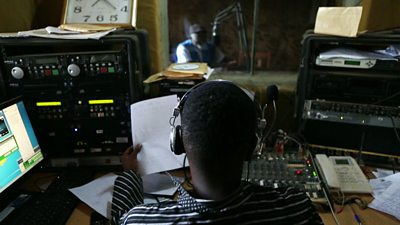
How did local radio stations support their communities during the Ebola crisis?
February 2016
How Â鶹ԼÅÄ Media Action helped tackle Ebola by supporting local radio stations in Sierra Leone.
